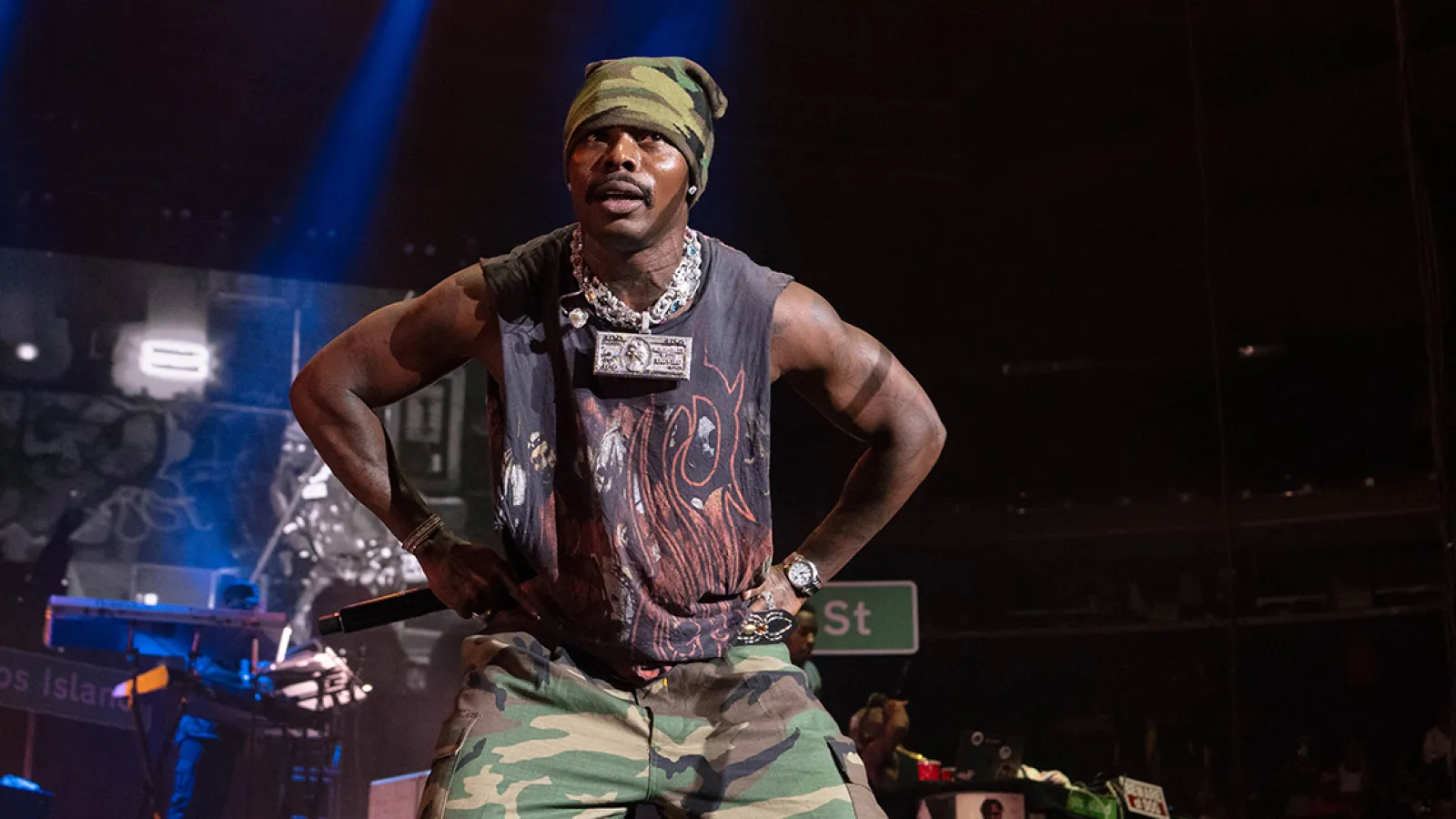Is Asake now making music for a foreign audience?

Asake's Global Ambitions: Is He Shifting Focus Away From Nigerian Roots?
Asake, the Nigerian music sensation who rose to global prominence with his unique blend of Amapiano, Fuji, and Afrobeats, is facing scrutiny over a perceived shift in his musical direction and priorities. Following the release of his third album, 'Lungu Boy' in 2024, and ahead of his upcoming fourth album, 'MONEY', questions are being raised about whether the artist is now primarily tailoring his music for an international audience, potentially at the expense of his core Nigerian fanbase.
A Change in Sound and Strategy?
Asake's mainstream breakthrough was fueled by hits that resonated deeply with Nigerian listeners, characterized by energetic deliveries and a vibrant fusion of local sounds. However, 'Lungu Boy' saw a departure from this formula, incorporating more "foreign elements" and a perceived reduction in the Amapiano and Fuji influences that initially propelled him to stardom. This shift has been interpreted by some as a deliberate attempt to broaden his appeal to a global audience.
Adding fuel to the debate is Asake's extended absence from Nigeria, particularly during the December 2024 holiday season when major Nigerian artists like Davido, Burna Boy, Wizkid, Ayra Starr, and Rema performed across the country. His decision to reside in California, coupled with ventures like launching his marijuana strain “Giran,” further solidified the perception that his focus has shifted westward.
The "BADMAN GANSTA" Release: A Glimpse into the Future?
His latest single, "BADMAN GANSTA," featuring French artist Tiakola, exemplifies this evolving sound. Produced by P Priime, the mid-tempo track blends Afrobeats with a Garage bounce, creating a sonic landscape where both artists can comfortably meet. While Asake's Yoruba lyrics maintain a connection to his roots, the overall feel of the song leans towards a more internationally palatable sound, potentially aimed at attracting listeners in France and Europe.
In the lyrics of "BADMAN GANSTA," Asake sings "I be omo naija o / Living my life mi o sa o / Padi raba mon wa o," which translates to acknowledging his Nigerian roots while asserting his right to pursue his ambitions without limitations. This seemingly addresses the growing concern that he is abandoning his Nigerian identity but whether this is enough to placate his Nigerian fan base remains to be seen.
Expert Perspectives on Asake's Trajectory
Music industry analyst, Chidi Okeke, believes that Asake's moves are part of a natural progression for artists seeking global recognition. "Afrobeats has exploded internationally, and artists are naturally looking to capitalize on that. Asake's evolution is not necessarily a rejection of his Nigerian roots, but rather an expansion of his artistic palette to resonate with a wider audience. The key will be whether he can maintain a balance between appealing to international listeners and staying true to his core sound."
However, cultural commentator, Ifeoma Nwosu, offers a more cautious perspective. "While international collaborations and experimentation are welcome, it's important for artists to remember the audience that brought them to the dance. There's a risk of alienating your core fanbase if you stray too far from the sound they fell in love with. Asake needs to be mindful of this as he navigates his global ambitions."
Historical Context: The Evolution of Afrobeats and International Appeal
The question of balancing local authenticity with international appeal is not new to the Afrobeats scene. Artists like Fela Kuti, King Sunny Ade, and more recently, Wizkid and Burna Boy, have all navigated this challenge. Fela Kuti, for example, infused his music with political messages that resonated deeply with Nigerians while also gaining international recognition for his unique sound. The current generation of Afrobeats artists is building on this legacy, exploring new sonic territories while striving to maintain a connection to their cultural roots.
What Lies Ahead?
Asake's upcoming album, 'MONEY,' will likely provide further insights into his artistic direction and target audience. While his use of the Yoruba language will always tie him to Nigeria, the album's overall sound, production choices, and promotional strategy will reveal whether he intends to prioritize international success over maintaining his dominance in the Nigerian music scene. Only time will tell if Asake can successfully navigate the complexities of global stardom while remaining true to the sound and audience that propelled him to fame.
Originally sourced from: pulse Ng
